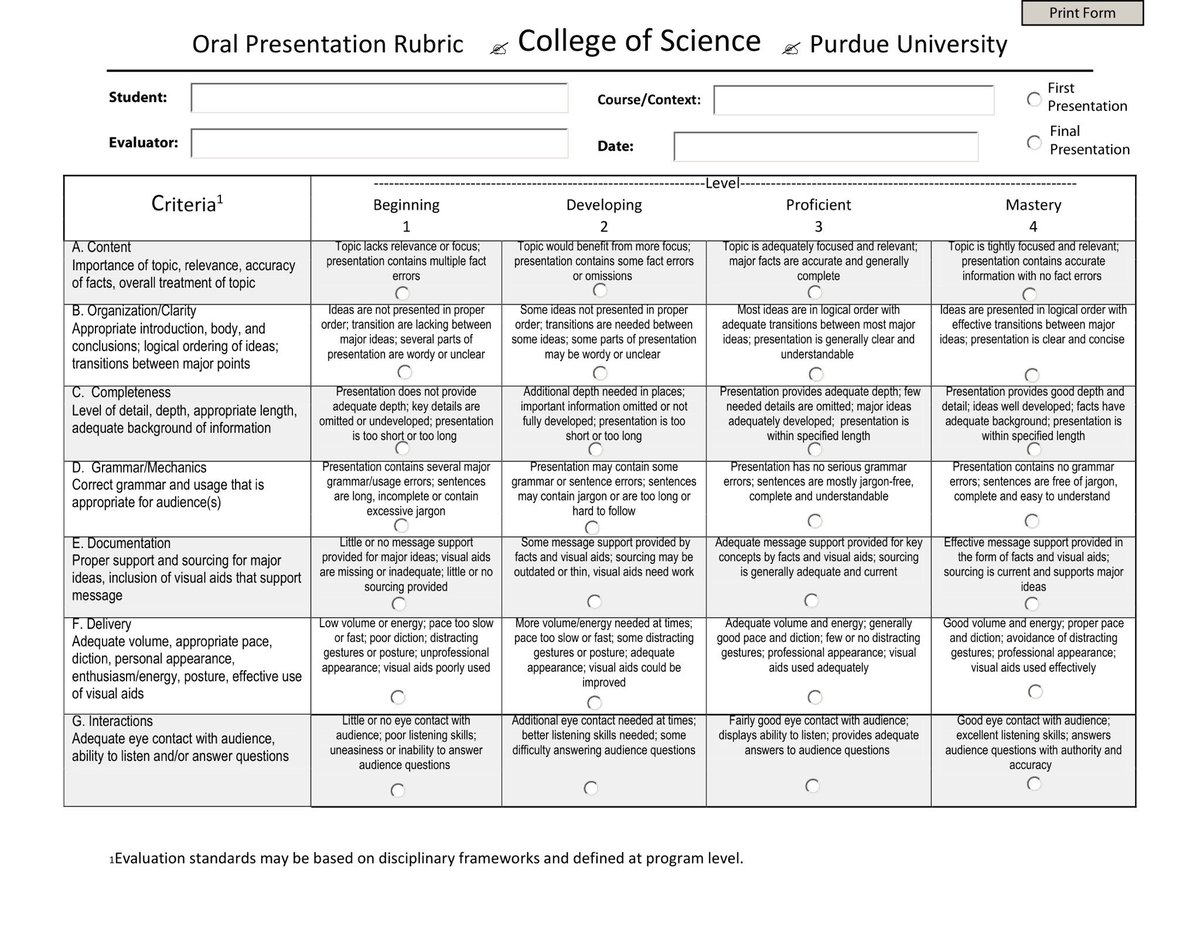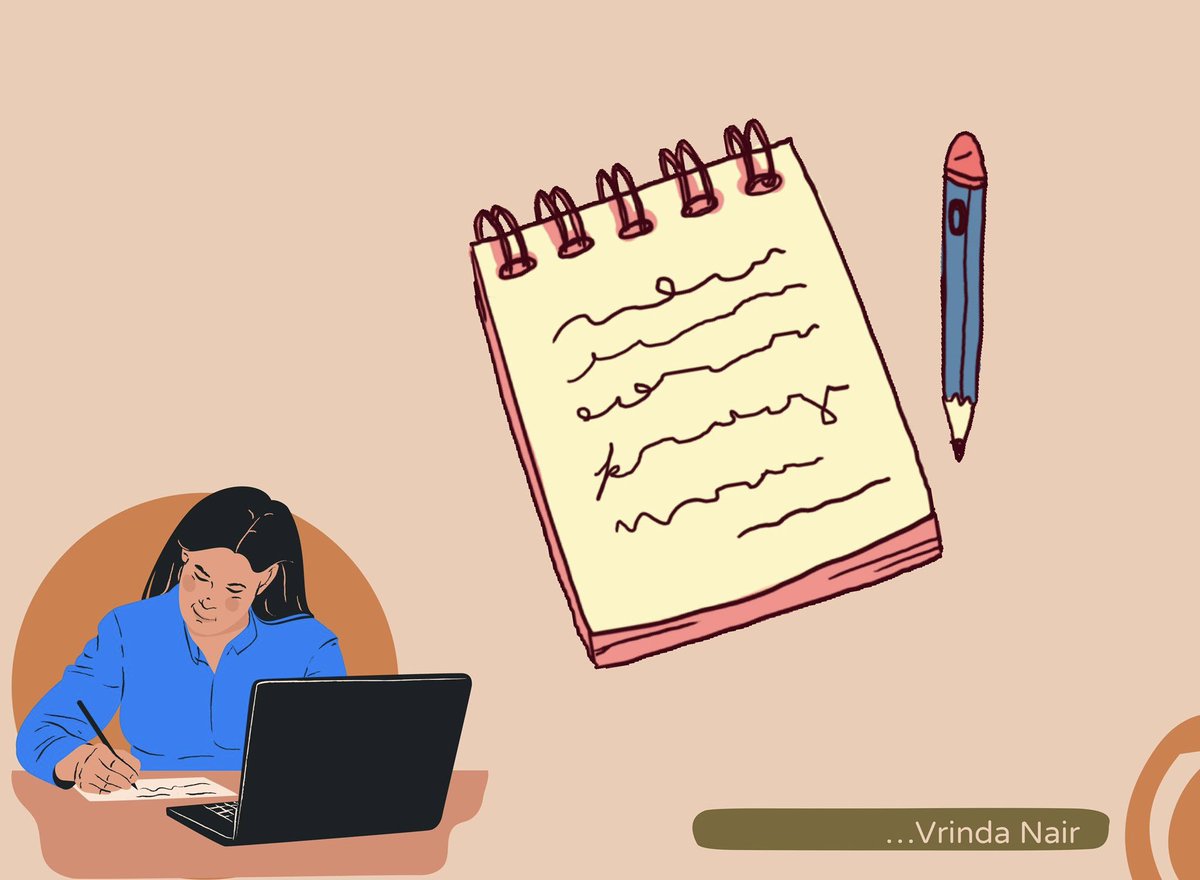How I search and read scientific papers now…
A 🧵
After trying many methods of reading research papers effectively, I have now (at least) settled on this format.
@PhDVoice @ThePhDPlace @PhD_Genie @OpenAcademics #AcademicChatter #AcademicTwitter #scicomm #STEM
A 🧵
After trying many methods of reading research papers effectively, I have now (at least) settled on this format.
@PhDVoice @ThePhDPlace @PhD_Genie @OpenAcademics #AcademicChatter #AcademicTwitter #scicomm #STEM
I think it's just 4 step method! At first, it may feel time-consuming but once you get a grip on it then it's quite easy.
1.I first start by searching for the main topic that I am working on -- #AntibioticResistance in @OK_Maps. Now “Open Knowledge Maps” creates a visual knowledge map of the topic you're searching for. Also, lets you know if a paper has open access.
Sample:
Sample:

2.Then, I select a few papers and then head towards @Inciteful_xyz to build a network of papers and for literature connects.
I. Search for your main paper to build a network
Sample:
I. Search for your main paper to build a network
Sample:

II. Select seed papers and create your network and filter out important papers. Also, you can save (seed papers) directly into Zotero.
Sample:
Sample:

III. Your search result will also show-- Recent papers by the top 100 authors and The most important recent papers
Sample:
Sample:

For literature connects (especially for interdisciplinary research it's such a great tool)-- search for two main papers and get a detailed and filtered-out map.
Sample:
Sample:

3.Now, I head over to @scholarcy (they also have chrome extension) where you make flashcards. These flashcards are tiny breakdowns of the entire paper that highlights important parts of the paper.
4.Science research assistant: While reading a paper, we often come across various terms, and methods, of anything which we are not familiar with. I use, the particular chrome extension called--
Science research assistant which helps to find a word or about anything which you need further reading. As soon as you select a word, it opens in 5 different tabs and lets you know the latest papers, news and web searches.
Note: I do highlight important sentences or methods in the pdf and save them. To use them later if I am presenting or just to refer back.
Anyways, I hope these points turn out to be useful for you.
Thank you for reading!
Anyways, I hope these points turn out to be useful for you.
Thank you for reading!
• • •
Missing some Tweet in this thread? You can try to
force a refresh















